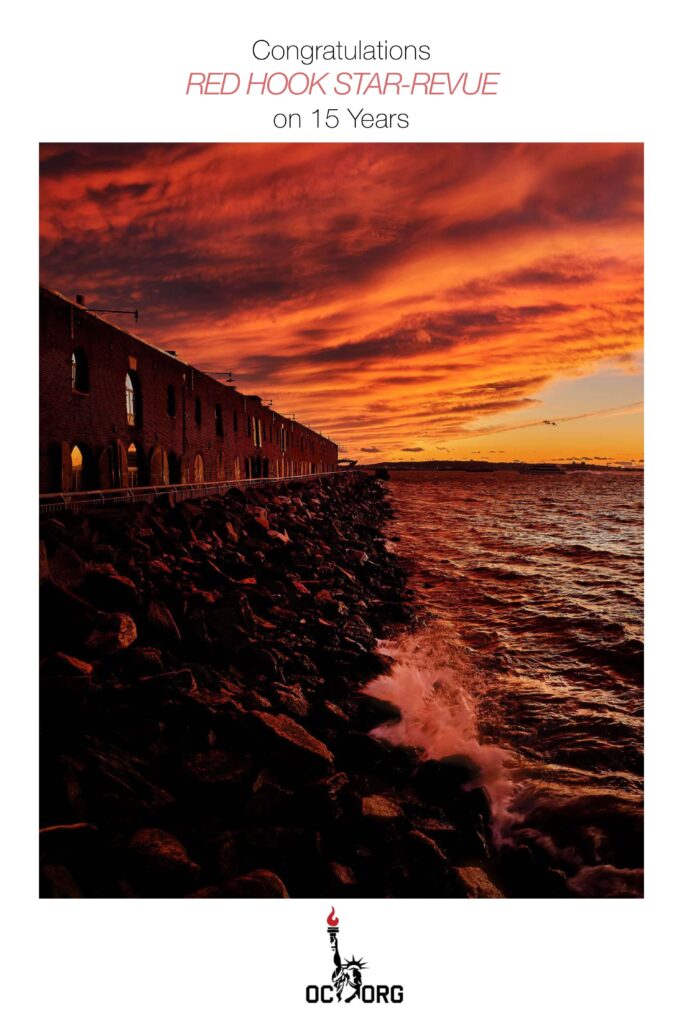On the afternoon of Saturday, February 29, the Regina Opera celebrated its 50th season at Our Lady of Perpetual Help in Sunset Park, Brooklyn. The Golden Jubilee Concert presented selections from Verdi’s Don Carlo and Massenet’s Manon, the intermezzo from Puccini’s Manon Lescaut, and a full production of Puccini’s Gianni Schicchi. Eminent music director Maestro Gregory Ortega began with the dark masterpiece Don Carlo.
“Io la vidi“ was brilliantly sung by tenor Chris Carr with some dazzling high notes. This was a lyrico-spinto voice to watch.
Next were the beckoning opening chords of Verdi’s “O don fatale” by fiery mezzo-soprano Galina Ivannikova. I did not hear the darker “chest voice” to accompany the intensity of sound, and I would have preferred she hold the thrilling last note a bit longer to fulfill the finale. Nonetheless, she has tremendous promise and will attain her potential of fame and glory when she does not “overcook” her vocal pasta and becomes the chef supreme.
“Ella giammai m’amò” was nobly sung by John Dominick III, who captured the majestic delirium of the aging king with a full cornucopia of rich basso cantabile phrasing. Baritone Scott Lefurgy sang “Per me giunto” with a nice dark quality and seemingly newfound power.
Soprano Antonina Chehovska made “Tu che le vanità” a creamy, dreamy heartfelt outpouring, typical of this grand and intense Verdi opera. Selections from Massenet’s Manon then followed.
Tenor Chris Carr handled “Ah! fuyez, douce image” with lyricism and golden intensity. In the passionate duet “Toi! Vous!” by Mr. Carr and Antonina Chehovska, her love lures him, in priestly garb, away from less earthly matters. Some productions have a bed nearby, not so subtle, but very much needed. Both Chehovska and Carr sang their hearts out and concluded the concert in true operatic and passionate glory.
50 years of the Regina Opera is a great and wonderful thing. Maestro Ortega led the musicians and singers with joy, passion and a sense of a half-century of loves labor found.
Next was Puccini’s great opera and only comedy, Gianni Schicchi, with a brilliant libretto by Giovacchino Forzano. Gianni Schicchi was part of Il Trittico, a triptych of one-acts that had its Metropolitan Opera premiere in December 1918. Il Tabarro and Suor Angelica were heartbreaking and shocking; Gianni Schicchi, the third of these operas, was hilarious, the most critically acclaimed, and is often done by itself or with other short operas.
Elizabeth Hastings, our maestro, was very much at ease conducting the comic masterpiece. She captured the spark of the piece and took us all on a spirited and happy journey. The 30-plus splendid musicians of the Regina orchestra were sublime. Plaudits to violinist Christopher Joyal, Richard Paratley on flute, and Miguel Tepale on the “funeral” bells.
Based on some lines in Canto XXX in Dante’s Inferno, Gianni Schicchi takes place in Florence, Italy, in 1299. Wealthy Buoso Donati has just died, and his greedy relatives are dismayed to find that his will hands his entire fortune over to a monastery. Facing the disapproval of his relatives, Buoso’s nephew Rinuccio remains in love with Lauretta, the daughter of the peasant Gianni Schicchi, despite the new pressure on the Donati family’s finances. Schicchi steps in to help the young couple.
Rinuccio was portrayed by Chad Kranak, who brought his fine ringing tenor to “Firenze come un albero fiorito,” an aria that has some vivid high notes and bounces along in persistent vibrant melody. Soprano Hannah Stone’s Lauretta offers the iconic “O Mio Babbino Caro,” threatening – with warmth and lyric tenderness – to throw herself into the Arno River if she cannot wed Rinuccio.
This moves Lauretta’s father, Schicchi, to impersonate the deceased Donati in order to rescue the fortune that would enable Rinuccio to marry her. As Donati, he makes out a new will to reward Rinuccio’s family instead of the monastery, but he reserves the major prizes – the mule, the house, and mills – for himself. Baritone Robert Garner gloriously sang the role of Schicchi and acted with panache. His voice, pleasing and plangent, is not really a buffo one, but it is subtle and superb and caresses the ear. His singing of “Si corre dal notaio” was endearing and charismatic.
The smaller parts, including those by Josh Avant, Brian Ballard, Jonathan R. Green, Heather Antonissen, Alvard Mayilyan, Gennadiy Vysotskiy, and Elena Jannicelli-Sandella, were all brilliantly done. Vysotskiy’s warm and powerful basso shows great promise, and his stagecraft is perfection, while Jannicelli-Sandella’s lustrous soprano and strong drama sense were quite a delight.
Ser Amantio di Nicolao, a notary, was John Brakatselos, whose bass shined. It was also nice to see the superb baritone John Schenkel as Dr. Spinellocchio and enjoy his stellar performance. Buoso Donati was the sparkling Shelly Barkan, whose talented family has been so supportive of the Regina Opera as musicians, singers and actors.
The ensemble of relatives was excellent and was really the choral experience. The colorful costumes by Marcia C. Kresge were so fine for 1299. The sets designed by Linda Lehr, Wayne Olsen, and Richard Evans transported us to Firenze. The center panel on stage showing a view of Florence testified to the genius of set artist Richard Paratley.
The poet Dante Alighieri places Gianni Schicchi in one of his circles of hell for his so-called crime. I hope he is forgiven by now.
Stage director Linda Lehr rode the tiger and tamed it. This Gianni Schicchi was forever placed in the memory bank. The stagecraft was sheer magic, and each person stood out! We look forward to Puccini’s Turandot in May. The Regina Opera has provided 50 years of joy and great opera for Brooklyn and opera lovers everywhere.
Author
Discover more from Red Hook Star-Revue
Subscribe to get the latest posts sent to your email.










